People smugglers promise of false hope expected to amplify ahead of federal election
People smugglers will likely use Australia’s federal election in their sales pitch as they push harder to con those desperate for a new life into spending big bucks to take a life threatening risk.
National
Don't miss out on the headlines from National. Followed categories will be added to My News.
In Australia, the argument is about who has sympathy and who lacks it. But anyone who has met a Rohingya living without hope in Kuala Lumpur, or a Hazara whose every option has expired in Jakarta, must have sympathy otherwise they could not call themselves human.
Mohammad Sadek, 46, was a Rohingyan democracy campaigner who fled Myanmar in 1992. After wandering stateless across the region he finally settled in Malaysia 13 years ago. It was there he met Scott Morrison.
Sadek recalls it was 2010, when Morrison as shadow immigration minister talked with Rohingya activists in Kuala Lumpur. “He seemed very sympathetic to the plight of boat people,” says Sadek. No doubt. But sympathy is easy. Answers are hard.
In Malaysia, there are 160,000 “persons of concern”, being both registered refugees and asylum-seekers. Around 80 per cent of them are Rohingya and it is thought a similar number again has never made themselves known to authorities.
In Indonesia, there are 14,000 registered refugees and asylum-seekers, mostly Afghans, Iraqis, Iranians, Pakistanis, Somalis and Sri Lankans. As the election season approaches, they are watching us and we are watching them.
MORE: Asylum seekers could pay $1500 to come to Australia
MORE: Disputed medevac plan will ‘green light people smugglers’
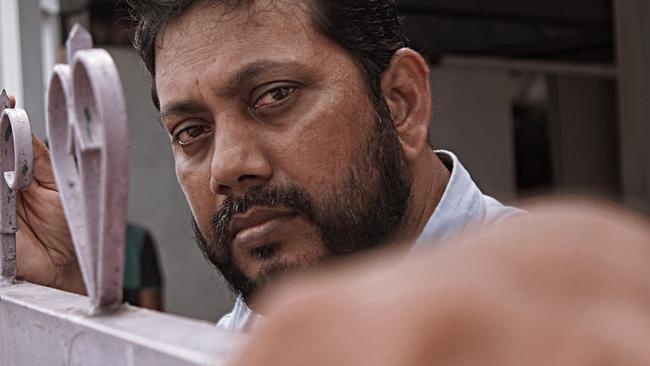
Sadek makes a pittance helping illiterate Rohingya file forms for their hopeless resettlement applications. Right now, he says, people are looking at Australia because of the likelihood of a Shorten government — that is, if the threat of a new wave of boats doesn’t alter the political equation in Morrison’s favour.
“Everything depends on Australia’s policy,” says Sadek. “Is it hard or soft? If it is hard, smuggling will stop. It doesn’t matter what happens in Malaysia or Indonesia. It all depends on Australia.”
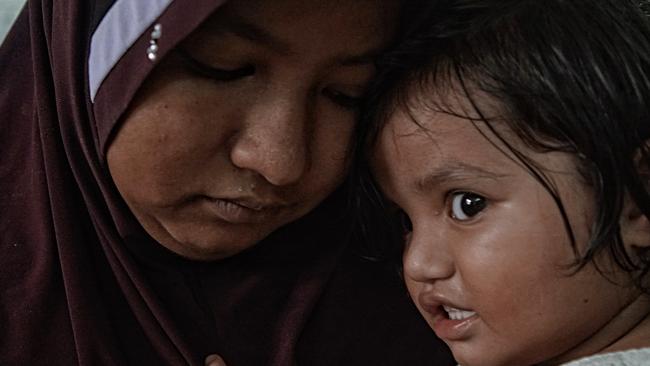
In 2007, Kevin Rudd, as the new prime minister, made the mistake of letting his sympathies get the better of him and closed the offshore detention centres. Rudd’s decision saw 50,000 people head to Australia by boat.
By 2013, with more than 1000 people dead at sea, Rudd was fighting for his own political survival. He ordered the offshore centres reopened and declared anyone who came by boat would “have no chance of being settled in Australia as refugees”.
MORE: ‘You will not succeed’: PM’s secret video warning
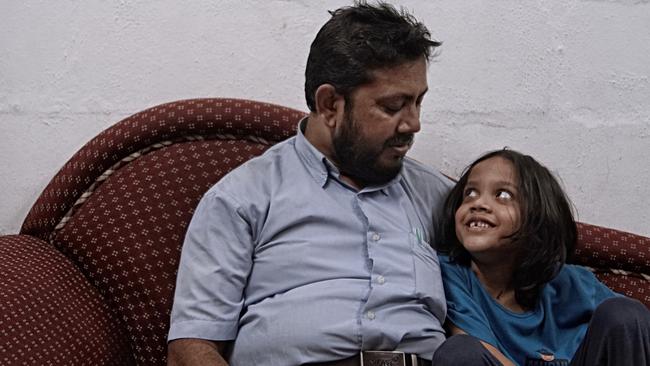
In Indonesia, the boats instantly slowed to a trickle, leaving thousands of intending passengers stranded to this day. In Malaysia, the situation was different: the majority, being stateless Rohingya, wanted to stay close to their homeland in the hope of political change — and besides, they were too poor to pay the smugglers.
There were exceptions. Ahmed, 43, escaped from Myanmar to a Bangladesh refugee camp after he and his father were forced to labour 13-hour days without pay for military thugs. He borrowed money from an uncle working in Saudi Arabia, said goodbye to his wife and six children and tried to get to Australia in the hope of bringing them later.
Back then, with the likelihood Rudd would lose to a Coalition government, smugglers were discounting fares and herding people onto boats in a desperate last push for profits before the gate closed.
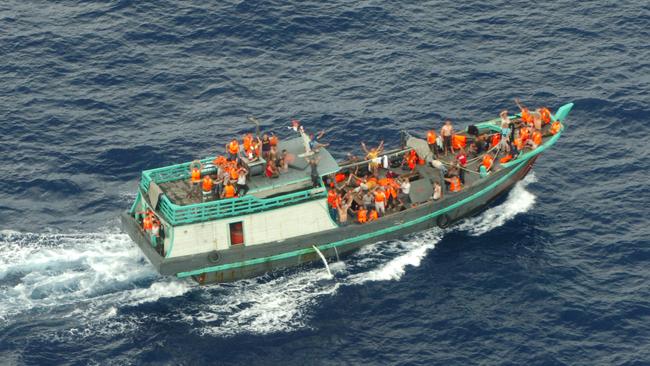
Ahmad’s first leg took him by boat from Bangladesh to Malaysia. He said 10 people died on the way, either from abdominal illness or from beatings by the smugglers.
In Malaysia, a new group of smugglers showed them a photo of a large sturdy ship that would take them to Australia. They would get instant working visas upon arrival and their citizenship was guaranteed. The price for Ahmad was around A$3500.
The smugglers stacked them in a boarding house in Perlis, in northwest Malaysia. More and more passengers began to fill the lodgings.
After 10 days, 270 people were bussed to the coast and put on a boat that looked nothing like the one they had seen in the photo. They set off in the night, standing room only, for Australia.
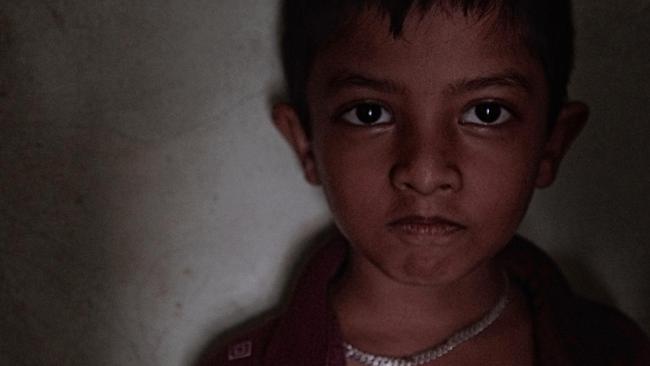
After two hours, Malaysian officials stopped the boat. The smugglers told the passengers they needed to cough up more money to bribe the officials so they could continue. People began pulling out money. Ahmad kept his hidden.
“A smuggler put a knife to my throat,” says Ahmad. “He said, ‘Why haven’t you paid?’” He was body-searched and the smugglers found US$600 — his last money.
The boat sailed on through the night and by morning people were shouting: “We have arrived in Australia!”
Ahmad knew different. He could see from signage on the boats in the harbour they were on the island of Langkawi. They’d travelled just 40km. The passengers were detained by Malaysian authorities and Ahmad has been there since, just another stateless Rohingya.
In Jakarta, Murtaza Ali, 21, tells a little of his story. He was born in Quetta, Pakistan. His parents, as ethnic Hazaras, were a target for the Taliban and fled Afghanistan in the 1990s. In 2006, his father went back to see if it was safe to take his family home. He has not been seen since.
Life in Quetta became intolerable. Not only was it under routine attack from vehicle-born explosives, young Hazara men were subject to targeted killings — roadside executions by pistol.
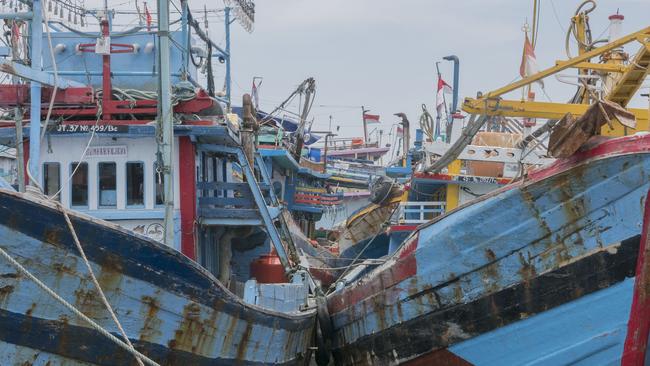
An older brother caught a boat in 2011 and now drives a taxi in Canberra. A second brother went to Indonesia in 2014, after the boats had stopped, and handed himself to immigration in the hope of resettlement. He is still waiting. Murtaza followed in 2015, using smugglers to get from Islamabad to Jakarta, after which he also presented himself to the UNHCR.
Now, he gets one five-minute appointment every six months with his UNHCR case officer, who advises that he — as a young single man living in relative safety in Indonesia — has no prospects of resettlement.
It is this, he says, which makes him and many others think about the boats. He says the smugglers are spreading propaganda that the coming election means it’s time to move. Murtaza never wanted to catch a boat — he still doesn’t want to. But he says the waiting has worn him down to the point he sometimes considers suicide.
Murtaza says the medevac issue — in which sick people on Manus Island and Nauru can potentially access medical services on Australian territory — has not influenced him. It’s the election.
“People would prefer to go legally but people are desperate,” he says. “I’m hopeful for a Labor government. They have been very nice to refugees.
“People are now thinking about the boats. I would go if I could borrow the money. People are waiting for others to go first and see what happens. If it works, of course I will go.”
Originally published as People smugglers promise of false hope expected to amplify ahead of federal election


